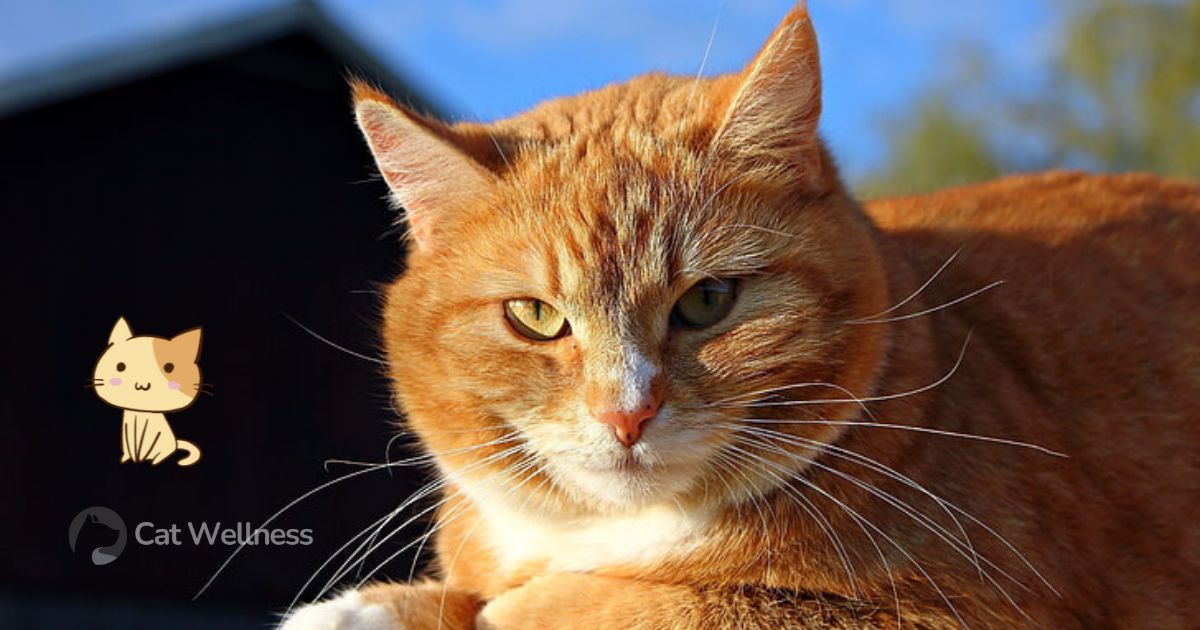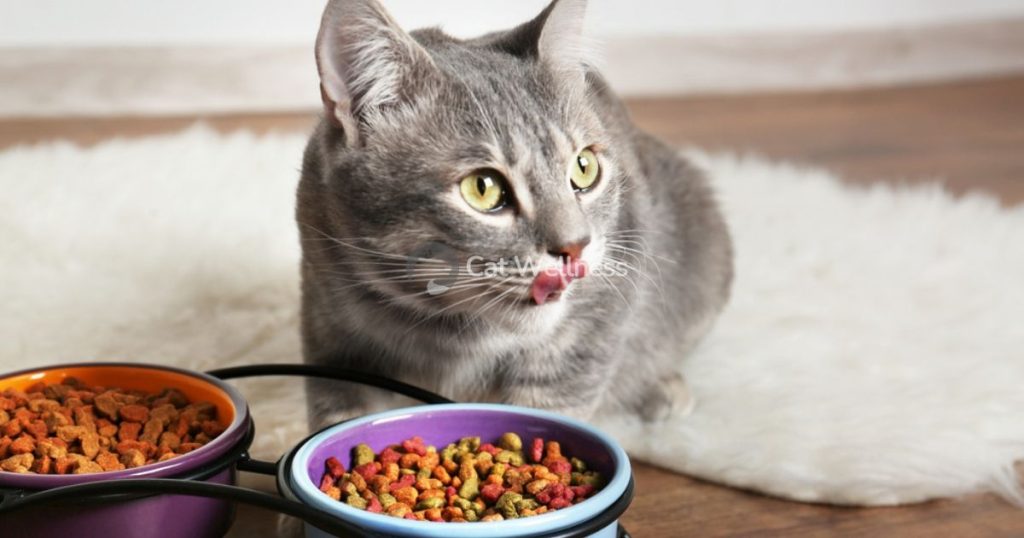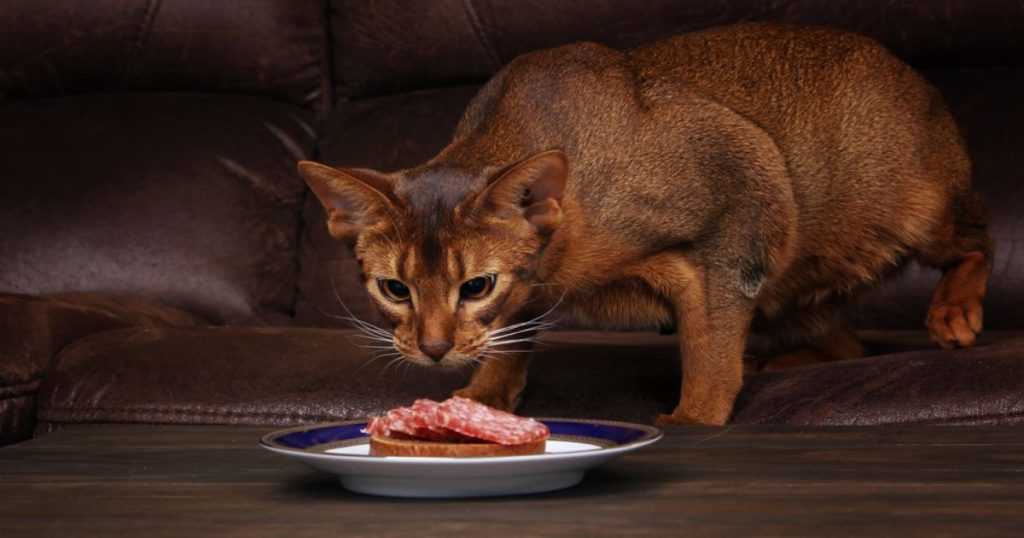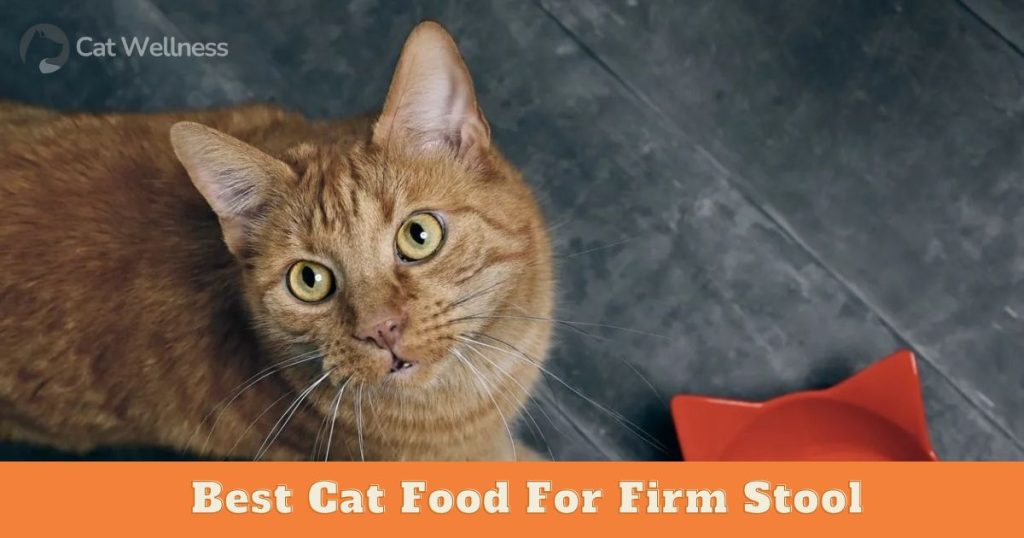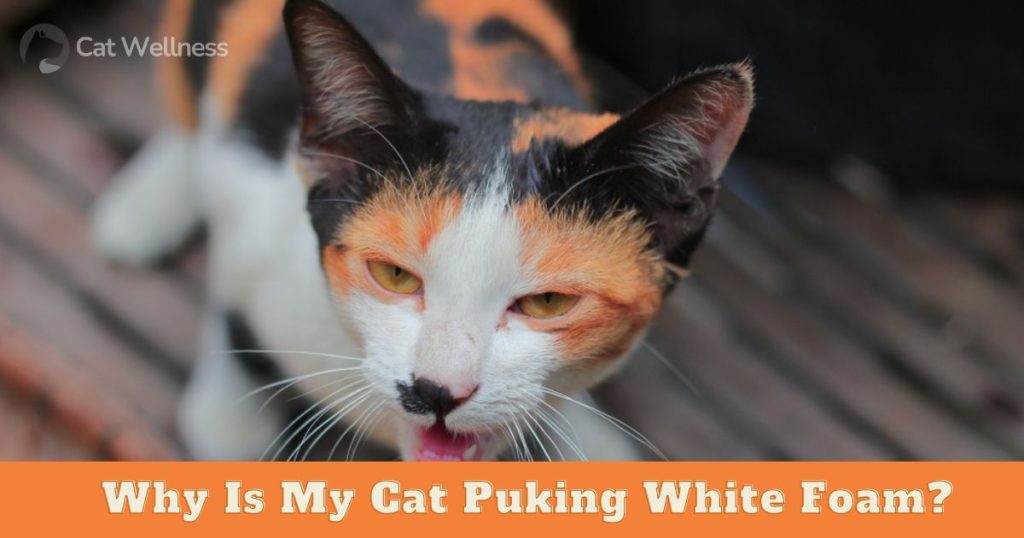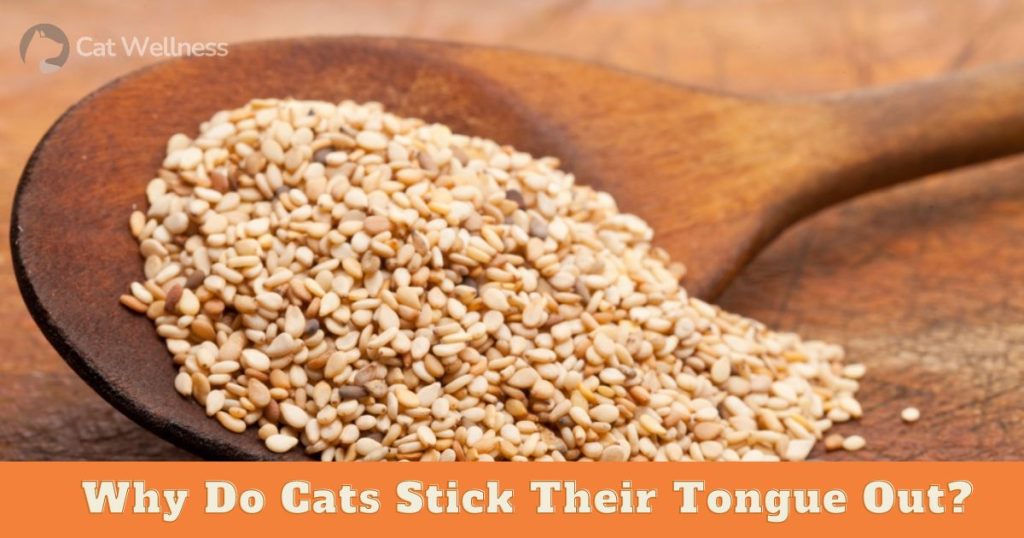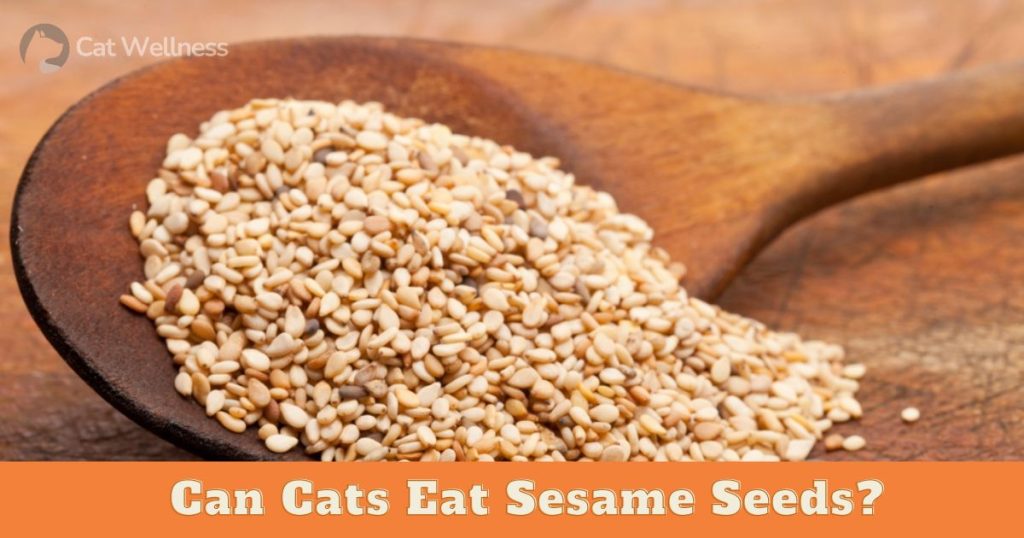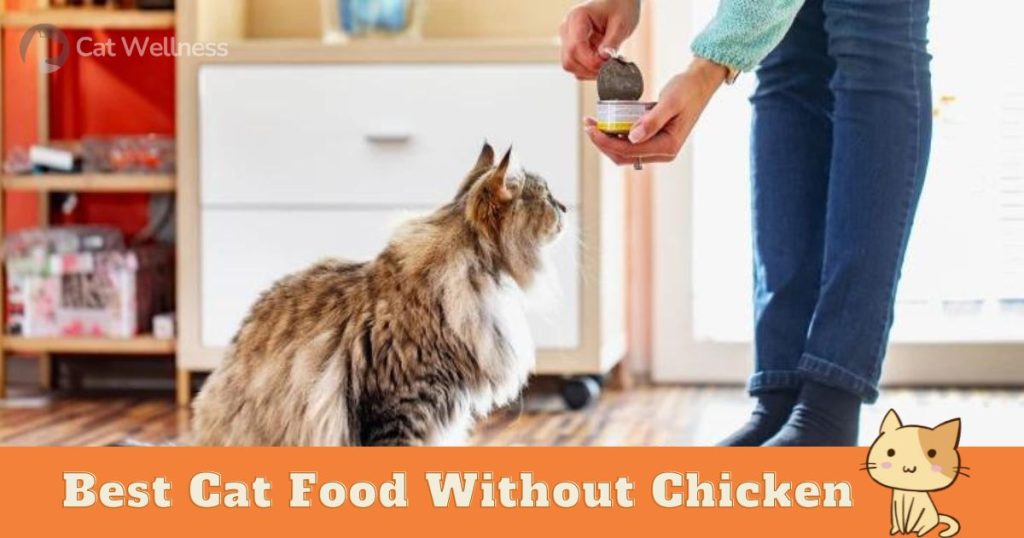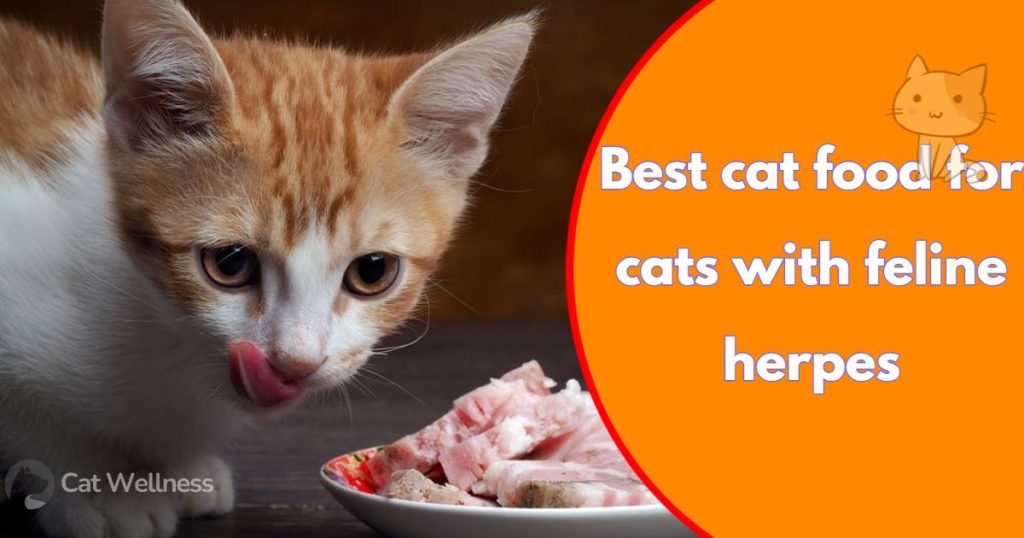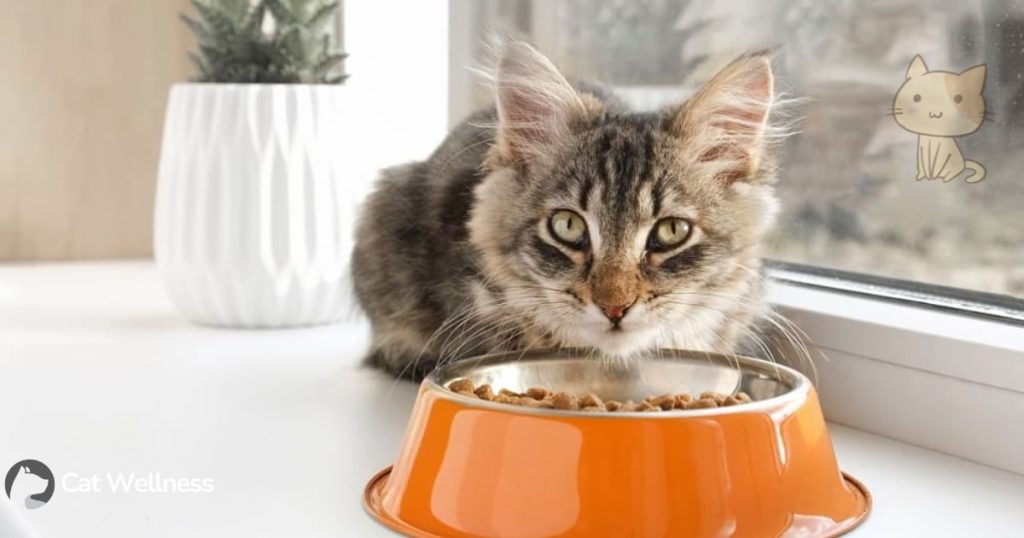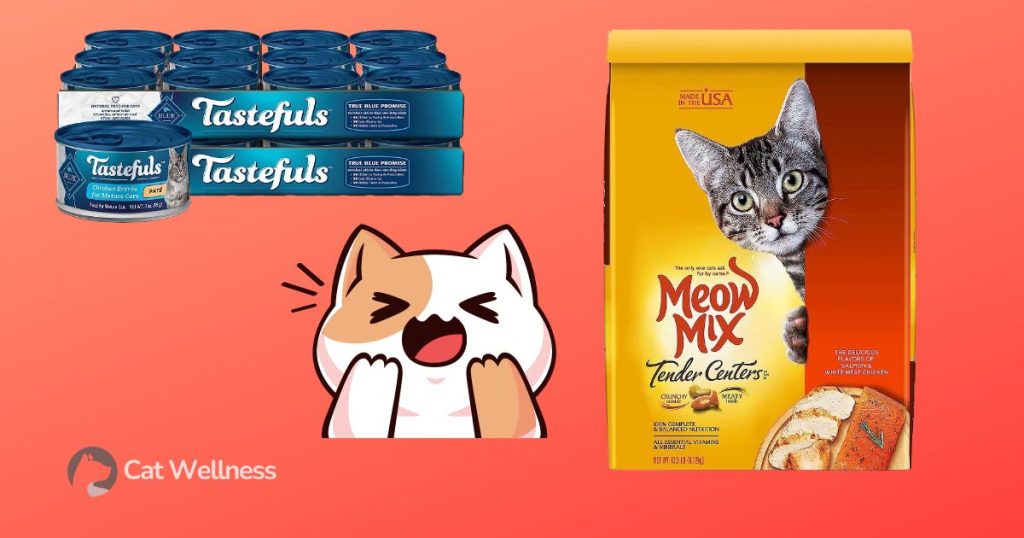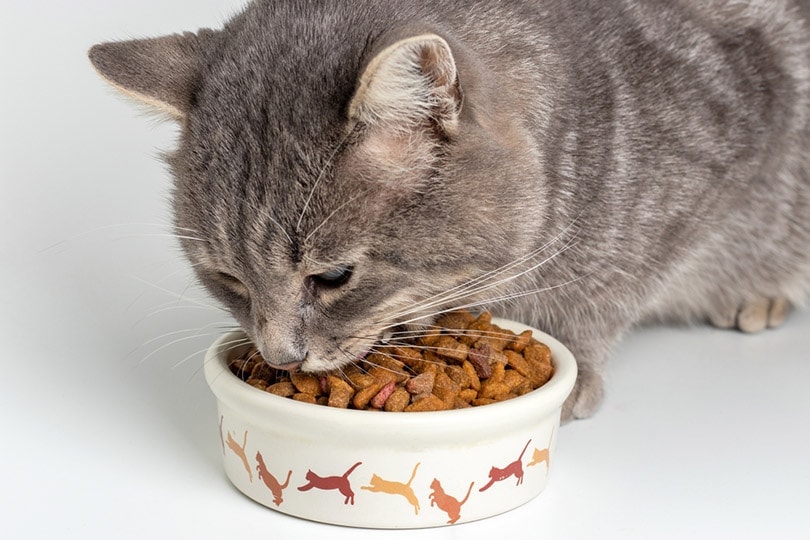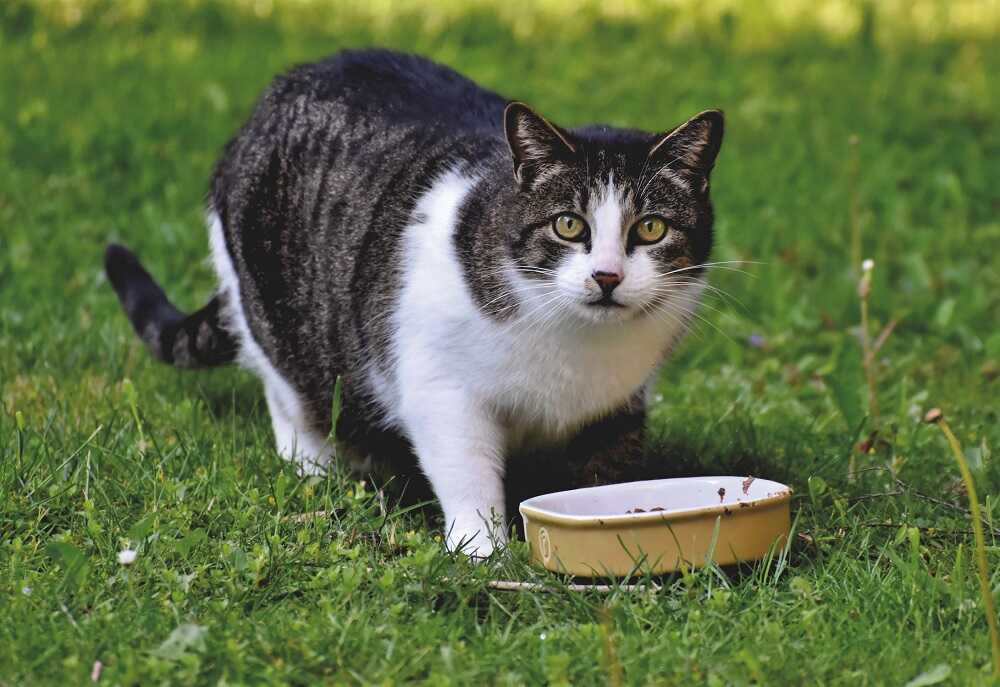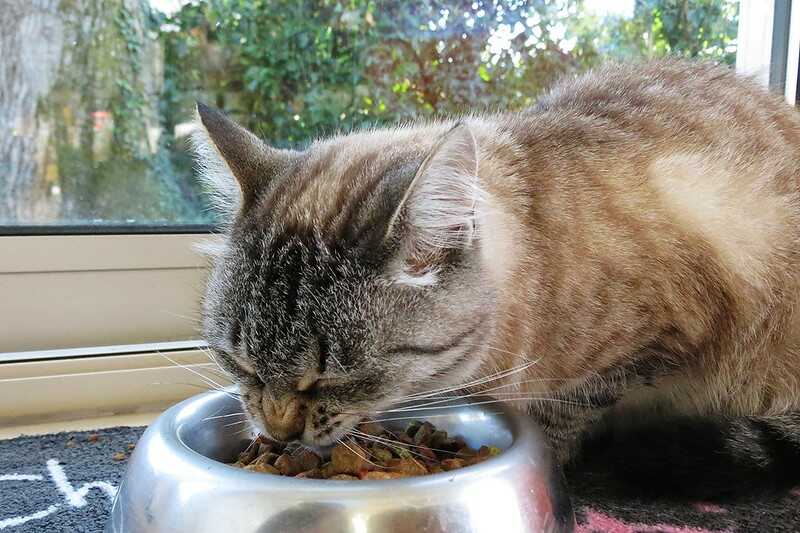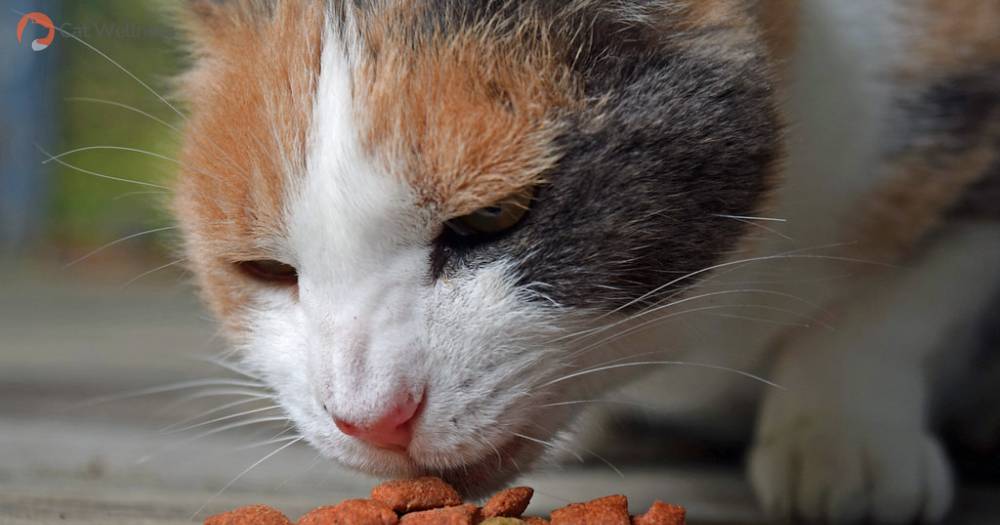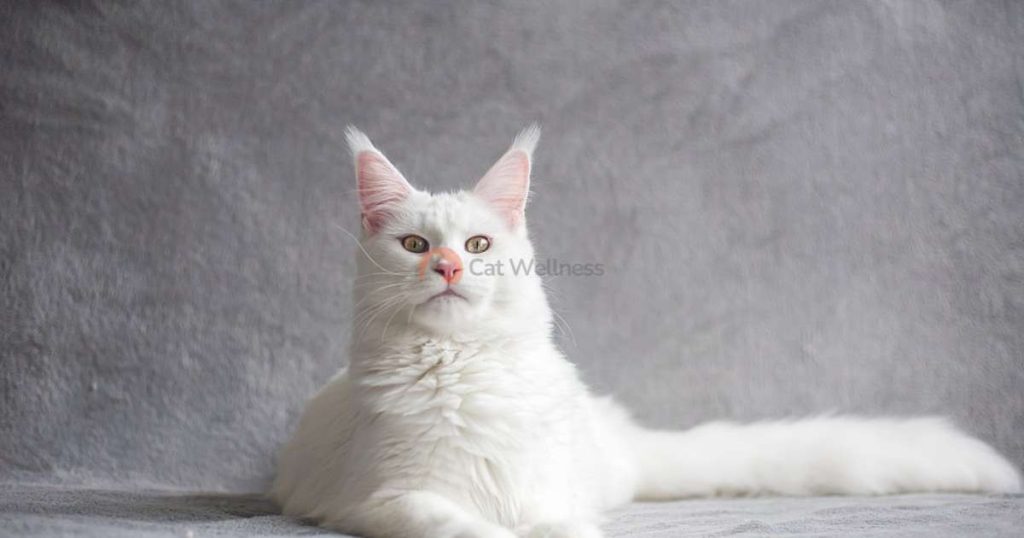Why does your orange tabby cat seem chunkier than other felines? This phenomenon isn’t due to their fiery fur color, so that it can be an issue of concern.
In this article, we will delve into the reasons that may lead to obesity in orange tabby cats and discuss how to manage it effectively.
Furry friend owners, stay tuned for some vital information!
Why Are Orange Tabby Cats Fat?
Orange tabby cats have an outstanding reputation for being overweight or obese. Many factors contribute to this trend among our orange friends, including their propensity to overeat and lead sedentary lifestyles.
These friendly felines can’t resist the allure of tasty treats and lavish servings, leading to excessive food consumption. A lazy lifestyle characterized by limited physical activity contributes more to their weight gain.
Moreover, ginger tabbies are genetically predisposed to piling on pounds faster than other breeds due to potentially slower metabolism rates. This breed primarily comprises male cats who may inherently store more fat than females do.
Possible Reasons for Obesity in Orange Tabby Cats
Orange tabby cats can become obese due to lack of exercise, overeating, spaying or neutering, and certain medical conditions.

Lack of Exercise
A sedentary lifestyle is a significant contributor to the obesity of an orange tabby cat. These feline creatures, known for their “fat and joyful” persona, are often seen lounging around with minimal physical activity.
Physical exertion helps cats maintain the optimal balance between calorie intake and energy expenditure. Without regular activities or interactive play sessions, these calories become added pounds making your orange cat fat.
Exercise also stimulates metabolism, enhancing digestion and nutrient absorption in these adorable furballs – another aspect thwarted when movement takes a backseat!
Overeating
Overindulgence is a crucial factor contributing to the obesity observed in orange tabby cats. These colorful felines have an insatiable appetite which often leads to overeating, thus resulting in increased weight.
This inclination towards overconsumption can also be attributed to habit or boredom — leading our beloved orange cat fat friends into potential health risks associated with excessive weight gain.
Spaying or Neutering
Spaying or neutering is a standard procedure veterinarians recommend to control the population of stray cats and prevent unwanted pregnancies. However, this surgery can also contribute to weight gain in orange tabby cats.
When cats are spayed or neutered, their metabolism slows down, making it easier for them to gain weight. This is because the hormonal changes after the surgery can affect their appetite and energy levels.
Medical Conditions
Medical conditions can also contribute to obesity in orange tabby cats. Diseases like diabetes or hypothyroidism can make a cat more susceptible to weight gain.
These underlying illnesses affect the metabolism and hormonal balance, leading to an increased risk of obesity.
Health Risks and Concerns
Obesity in orange tabby cats can lead to various health risks and concerns, including an increased risk of diabetes, joint and mobility issues, heart disease, and a reduced lifespan.
Increased Risk of Diabetes
Obesity in orange tabby cats can significantly increase their risk of developing diabetes.
Studies have shown that overweight cats, including those with orange tabby coloring, are four times more likely to develop diabetes than cats at a healthy weight.
Excess body fat can lead to insulin resistance, meaning the cat’s body has trouble using insulin effectively.
Chronically elevated blood glucose levels, often caused by consuming too many carbohydrates and being overweight, can further contribute to lower insulin secretion and the development of diabetes mellitus.
Joint and Mobility Issues
Obesity in orange tabby cats can lead to significant joint and mobility issues. Excess weight strains their joints, causing discomfort and reduced mobility.
This can manifest as difficulty climbing stairs, jumping onto furniture, or walking comfortably.
As orange tabby cats are more prone to developing joint problems like arthritis, the added burden of obesity exacerbates these issues.
Heart Disease
Heart disease is a severe health concern for orange tabby cats, potentially contributing to weight gain. Cats with heart disease may experience symptoms such as ascites, a buildup of fluid in the abdomen.
This condition can lead to weight gain due to the accumulation of excess fluids. Specific forms of heart disease in cats can be hereditary and may develop later in adulthood.
Reduced lifespan
Obesity in orange tabby cats can significantly reduce their lifespan. Cats that are overweight or obese are more prone to developing various health issues, which can ultimately shorten their lives.
Studies have shown that moderately overweight can decrease a cat’s life expectancy by two years, while severely obese cats may live even shorter lives.
Managing and Preventing Obesity in Orange Tabby Cats
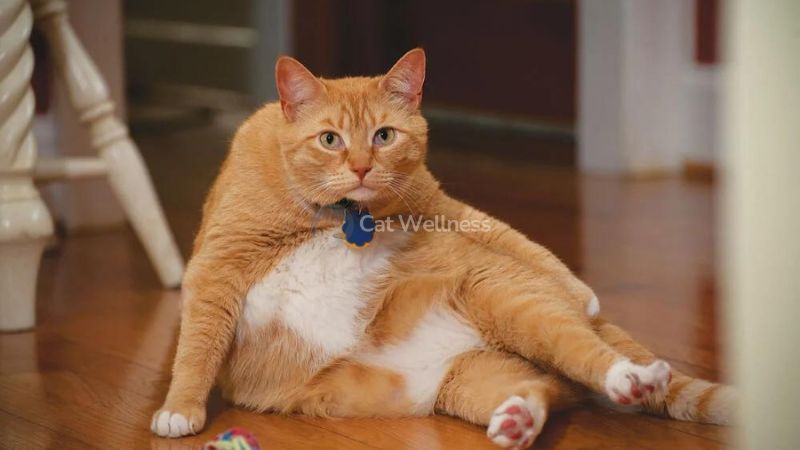
Provide Regular Exercise
Like any other feline, orange tabby cats require regular exercise to maintain a healthy weight and active lifestyle. Daily physical activity helps burn calories, build muscle tone, and prevent obesity-related health issues.
Engaging in play sessions with interactive toys or laser pointers can be an excellent way to keep your orange tabby entertained while encouraging movement.
Additionally, climbing structures or scratching posts can promote natural behaviors such as jumping and stretching.
By incorporating regular exercise into your cat’s routine, you can help them stay fit and happy for years.
Monitor Portion Sizes
According to data from the Association for Pet Obesity Prevention, nearly 60% of cats are overweight or obese.
By carefully measuring and controlling the food given to your furry friend, you can help them maintain a healthy weight.
Monitoring portion sizes ensures your orange tabby cat receives the proper nutrients without consuming excess calories.
This simple yet effective strategy can go a long way in promoting a healthier lifestyle for your beloved pet.
Use Interactive Toys and Puzzle Feeders
Interactive toys and puzzle feeders are a great way to keep your orange tabby cat active and prevent obesity. These innovative feeding solutions provide mental stimulation and encourage physical activity.
By making cats work for their food, puzzle feeders can slow greedy eaters and help them maintain a healthy weight.
Additionally, these toys prevent boredom, often a leading cause of overeating in cats.
Consult a Veterinarian For a Balanced Diet
To ensure the proper management and prevention of obesity in your orange tabby cat, it is crucial to consult with a veterinarian for a balanced diet.
These professionals have extensive knowledge and experience in feline nutrition, allowing them to develop a tailored diet plan that meets your cat’s specific needs.
By working closely with a veterinarian, you can determine the appropriate portion sizes and choose high-quality cat food that supports weight loss while providing essential nutrients.
Every cat is unique, so obtaining professional guidance is critical to promoting a healthy weight and overall well-being for your beloved orange tabby.
Consider Weight Management Programs
Weight management programs can be incredibly beneficial in helping obese orange tabby cats shed those extra pounds.
These programs are specifically designed to provide a comprehensive approach to weight loss and maintenance, ensuring that your cat receives the necessary support and guidance throughout their journey.
With their expertise and guidance, you can rest assured that your cat’s weight is effectively managed, reducing the risk of obesity-related health issues and improving its overall quality of life.
Regular Veterinary Check-ups
Regular veterinary check-ups are essential for managing and preventing obesity in orange tabby cats.
These check-ups allow veterinarians to monitor your cat’s weight, assess their overall health, and provide guidance on maintaining an ideal weight.
Conclusion
While orange tabby cats may sometimes appear fat, it is not a trait specific to their color. Obesity in orange tabbies can be attributed to lack of exercise, overeating, medical conditions, and spaying or neutering.
Pet owners must proactively manage their cat’s weight through regular exercise, portion control, and veterinary guidance. Doing so can ensure that our beloved orange tabbies live long and healthy lives.
References
vcahospitals.com/know-your-pet/obesity-in-cats
dutch.com/blogs/cats/diabetes-in-cats
ncbi.nlm.nih.gov/pmc/articles/PMC5775588
hillspet.com/cat-care/healthcare/cat-metabolism
Recommended Reading

